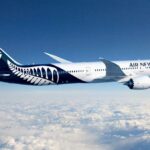
COVID-19: IATA forecast for global aviation even more gloomy. 2024 before back to normal
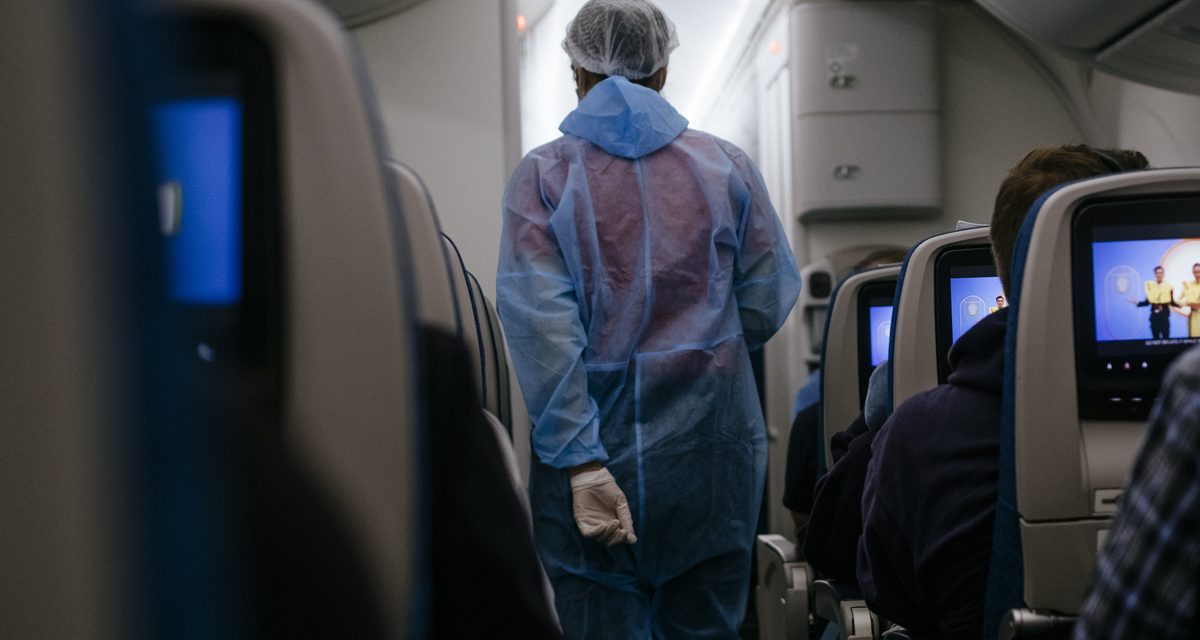
Earlier this week (28 June, 2020) the International Air Transport Association (IATA) CEO, Alexandre de Juniac made a statement to media that:
We now think it will be 2024 before RPK’s return to 2019 levels. And this could slip further if we have setbacks in containing the virus or finding a vaccine.
Alexandre de Juniac, IATA
”RPK’ stands for Revenue Passenger Kilometres which is a metric used in the airline industry for measuring actual demand. It is calculated as the number of paying (revenue) passengers multiplied by the total distance traveled. It’s ofter just referred to as ‘traffic’.
Content of this Post:
Domestic flying first to recover
He also thinks that it will be domestic flying that will recover first. Total flying is down by 86% on 2019 levels. He cites China’s domestic market recovery, which has left flying down by approx. 35%, whereas the USA domestic market is currently down over 80% compared to 2019 levels. De Juniac is now predicting a return to 2019 domestic levels by 2023, and has pushed back to 2024 as IATA’s estimate of when all flying will return to 2019 levels. That’s a year later than previously predicted. So things have got worse, not better.
As a contrast, and even more depressing, international travel is down 95% on 2019 levels.
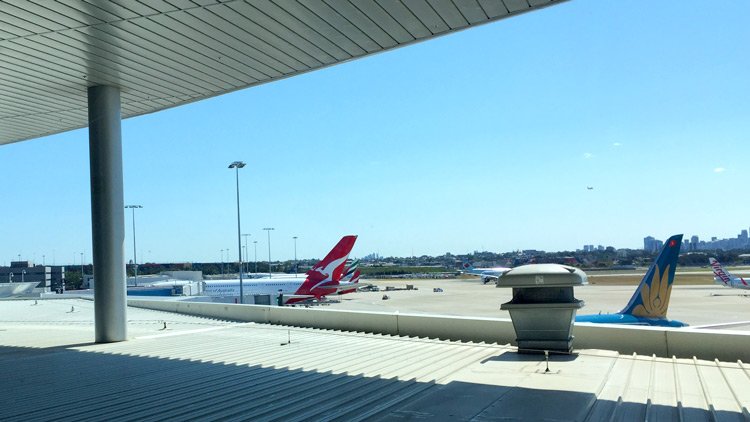
The Problem
De Juniac, has a rather industry centric view – to be expected. He blames travel restrictions:
Travel restrictions are the most immediate problem. Our challenge is to learn to live with this virus. But most of the world remains closed with severe restrictions on movement. Keeping travel and tourism, which is 10% of the global economy, in lockdown does not qualify as progress towards learning to live with the virus. The UK’s start-stop approach to lifting and re-imposing restrictions does not qualify either.
Ok, well that seems reasonable. So how should we achieve ‘progress towards learning to live with the virus’? The ICAO is an agency of the United Nations, or the Deep State if you are a conspiracy theorist. It stands for the International Civil Aviation Organisation, with a role to foster safe and orderly growth in the international air navigation arena. De Juniac thinks we should follow their guidance:
The ICAO guidance on safely re-starting aviation is designed to manage the risks of re-connecting people and economies during COVID-19. Its multiple layers include screening people prior to travel and measures to avoid transmission in flight. And if governments can implement comprehensive contact tracing we will be able to isolate and test to stop community spread from anybody—travellers or others.
The immediate top priority in combatting travel restrictions is implementing the ICAO guidance and establishing contact tracing.
So go forward and screen, test and trace. He thinks with the current advancement in testing turnaround times, all passengers could be tested before or even at the airport with results delivered in a timely manner, so that we can all go safely on our way.
Nothing to see here. Nothing we can’t handle. No need for a vaccine. Proceed to boarding.
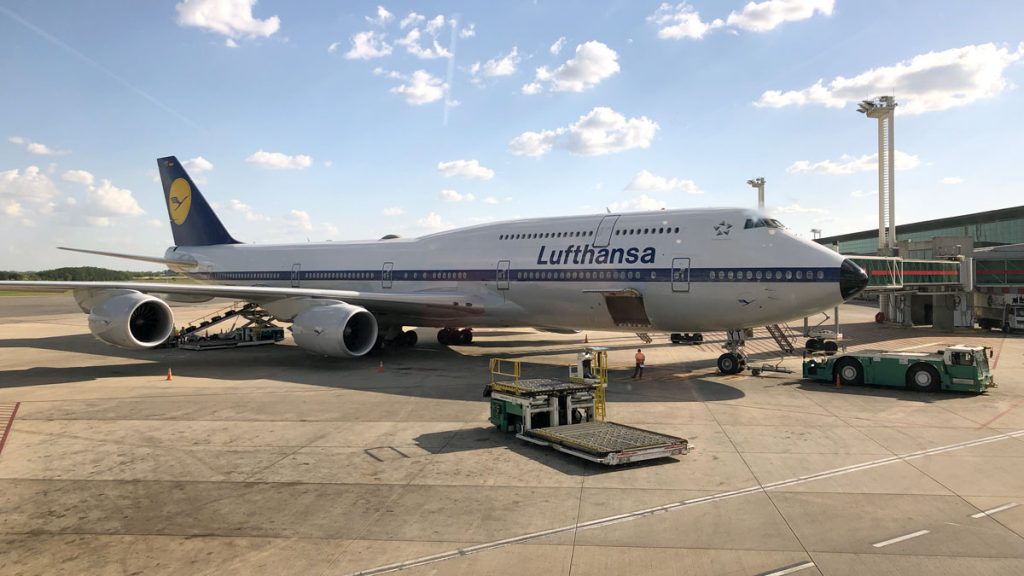
Government assistance
Of course, it’s governments who should continue to support the finances of a devastated airline industry as IATA seems to state at every opportunity.
On a less controversial point, he requests that governments relax some of their regulations, specifically focusing on the ’80-20 use-it-or-lose-it rule for slot allocation’. This rule required airlines to operate 80% of their scheduled flights, or risk losing their take-off and landing slots.
Use it or lose it
In IATA’s December 2019 Worldwide Airport Slots Fact Sheet, they argued that all the problems were due to alack of infrastructure. The first dot point of ‘IATA’s View’ is
‘Slots are not the problem – lack of infrastructure is.’
Doesn’t December 2019 seem so long ago?
Now IATA focuses on the ‘use-it-or-lose-it’ rule. And they have a point. Given that airlines cannot accurately predict demand next week in this pandemic age – witness the Australian border closures with a couple of days notice – it is impossible to predict demand any further out, let alone for 2021 or 2022.
The sign off to his remarks has some poignancy:
We are urgently asking for a full waiver of the 80-20 rule for the northern winter schedule. Governments have understood this need for the current summer schedule and seem to be agreeing of the need for the next season, but to plan, optimism or intention is not enough. That is why we are asking governments to urgently confirm a waiver to prevent airlines entering a state of planning paralysis.
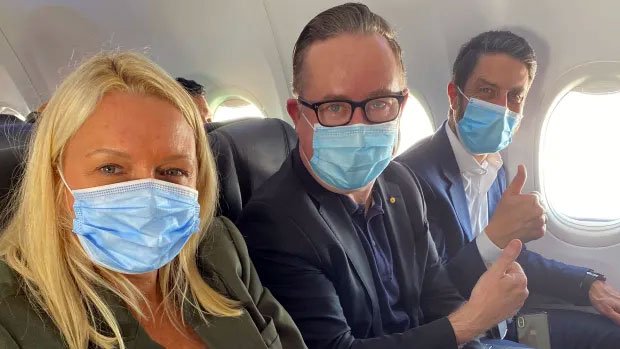
2PAXfly Takeout
This is another timely reminder to wear your seatbelt when seated. Holding you close to your seat will protect you from the sort of injuries sustained on this flight, when unsecured passengers flew to the ceiling of the aircraft, and then came crashing down once the ‘drop’ ceased.
The hope will be that this is an anomaly – a ‘freak accident’ in casual parlance. If it is a systemic error either mechanical or electronic, then this is a larger concern for the airlines that fly Boeing Dreamliner 787 aircraft. Let’s hope it isn’t. If it is, it will pile on the woes to Boeing’s existing stack.
So, airport testing before travel, dynamic slot planning, and on board health measures are the solution according to IATA.
I want to believe Alexandre. I really do.

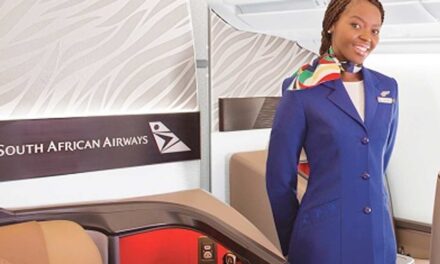
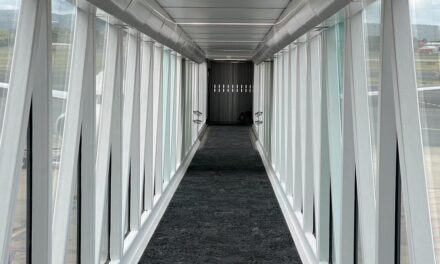
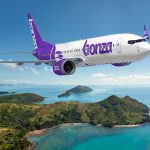
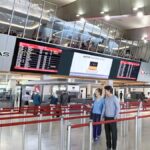
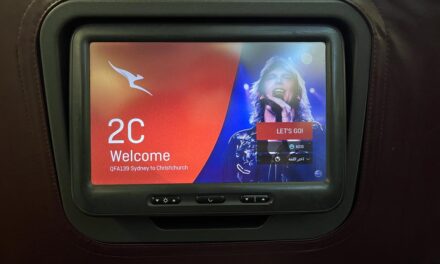
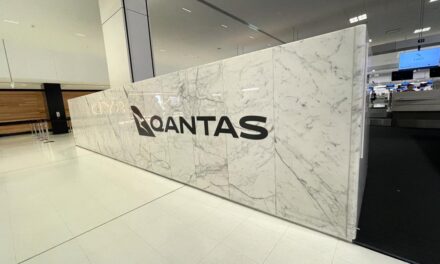
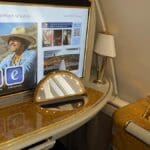
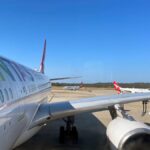

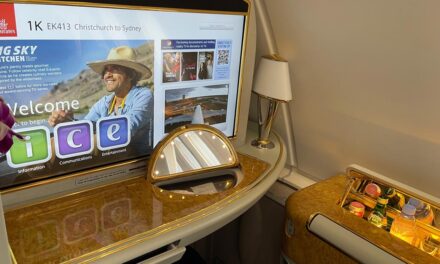
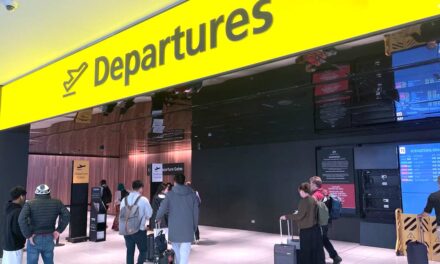

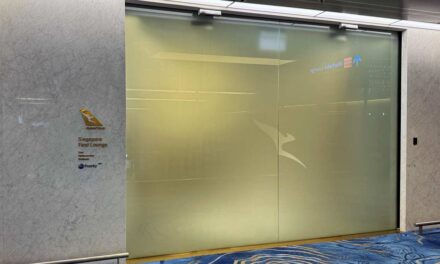


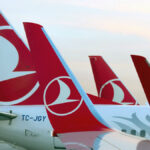
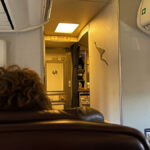
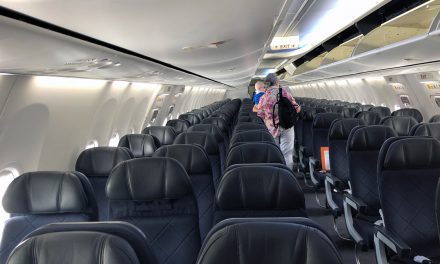

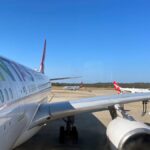
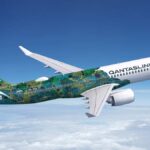
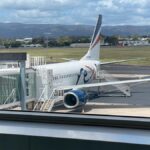

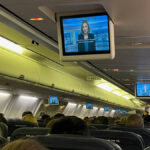



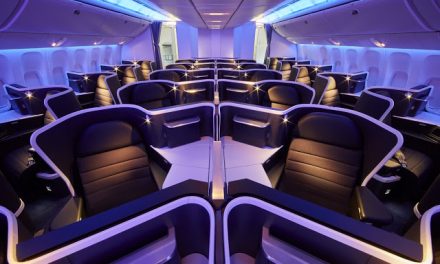



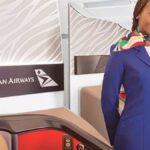


What did you say?